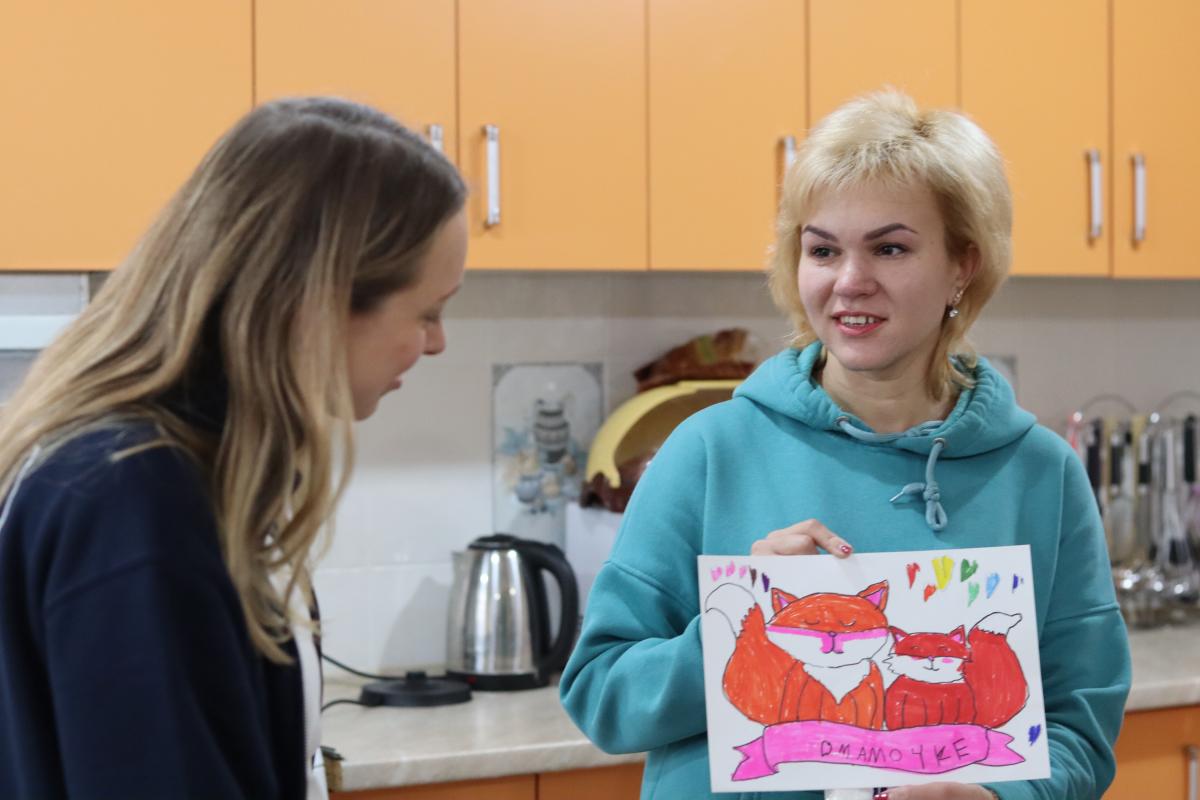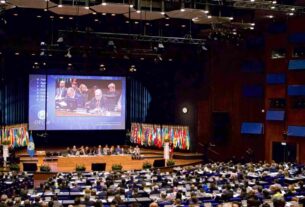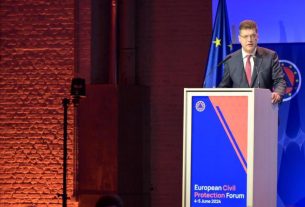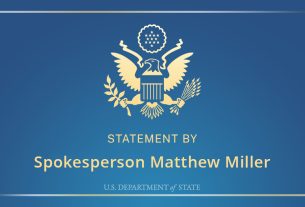Viktoriia proudly shows the artwork of her daughter Melania.
© European Union, 2022 (Photographer: Begum Iman)
On the morning of Russia’s invasion of Ukraine on 24 February 2022, 34-year-old public servant Viktoriia from Dnipropetrovsk oblast went to work as on any other day. However, the alarms ringing around her were the sign that life as she knew was about to change.
While hiding in the bunker from the missiles landing across Ukraine, Viktoriia realised that she could not let her children live in such a danger. A week after the invasion, they decided to flee their homes, leaving behind the life they had. The EU’s humanitarian partner ‘People in Need’ was there to support her.
Viktoriia and her 2 children decided to go to Moldova, knowing there would be fewer language barriers, but they did not expect the war would last so long. She and her family are currently living in the temporary accommodation centre managed by an organisation called Biaz Gul, which in the local Gagauz language means ‘white rose’.
At the centre, the EU’s humanitarian partner People in Need is supporting Ukrainian refugees like Viktoriia, with psychosocial and legal support. The EU also funds mobile units of psychologists, social workers, and legal experts that travel around the area to ensure all refugees receive the advice and support they need.

Moldova has opened its borders and hearts to the people of Ukraine, and while the safety is much appreciated by the refugees, the hope to one day return home is deeply rooted among them.
© European Union, 2022 (photographer: Begum Iman)
Psychosocial support is particularly crucial for Ukrainian refugees as the underlining factor impacting their quality of life is the severe trauma they have been exposed to.
No one expected that their country would be torn into a ruthless war overnight, and even now at its second year, many cannot fathom the destruction their homeland has faced. The guidance of experienced psychologists is helping the refugees to cope with their new life, far from home.
Viktoriia explains that it took her quite a bit of time to get accustomed to the rural living. “But life goes on. We even learned how to chop wood,” she says, with the same strength and resilience that so many Ukrainians have demonstrated over the past year.
Nobody chooses to become a refugee, yet there are millions of people around the world just like Viktoriia who have been forced to seek safety in unknown lands.
What is her driving force? Wanting a safer environment for her daughter Melania and son Danilo to grow up in.
“As a mother, you sometimes find a strength in you that you didn’t know was there,” she says as a wide smile replaces the tears on her face.
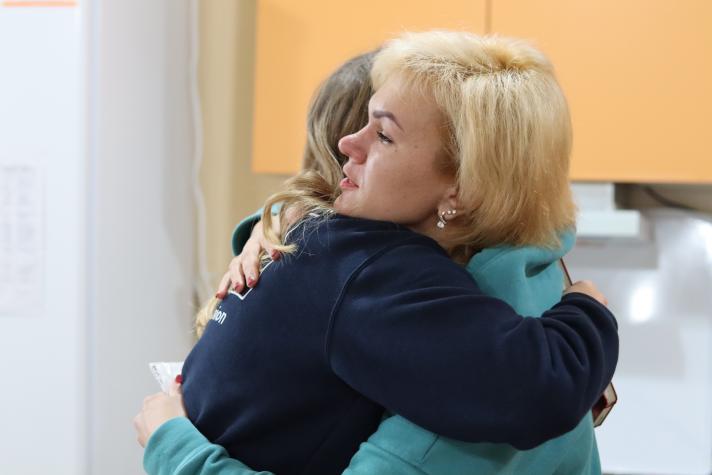
“My children are okay; they don’t feel the war.” While Viktoriia is safe, she is not fully at peace as the worry for her family in Ukraine stays on her mind.
© European Union, 2022 (photographer: Begum Iman)
Story by Hanna-Kaisa Lepik, European Civil Protection and Humanitarian Aid Operations.
Publication date: 20/06/2023
